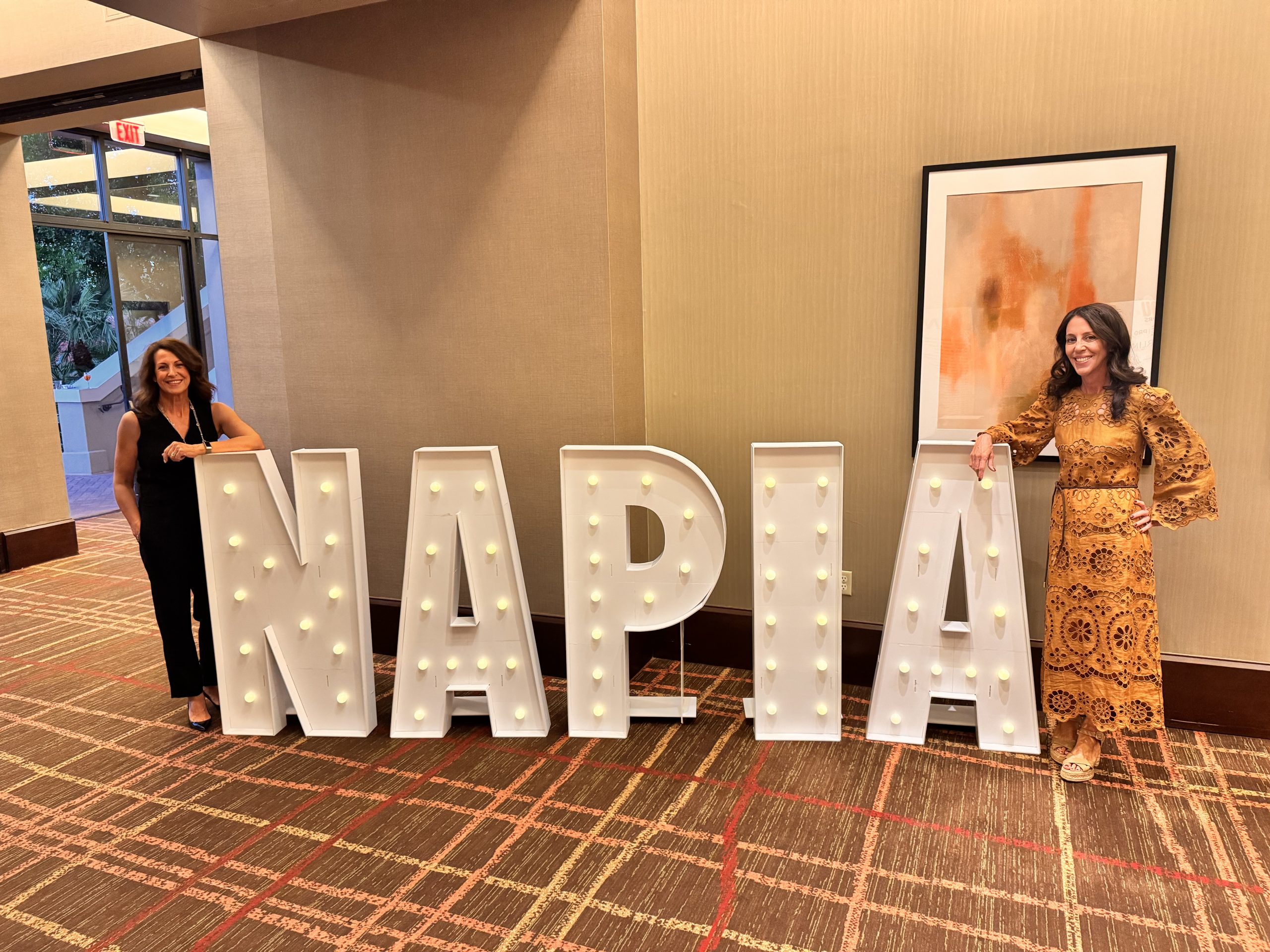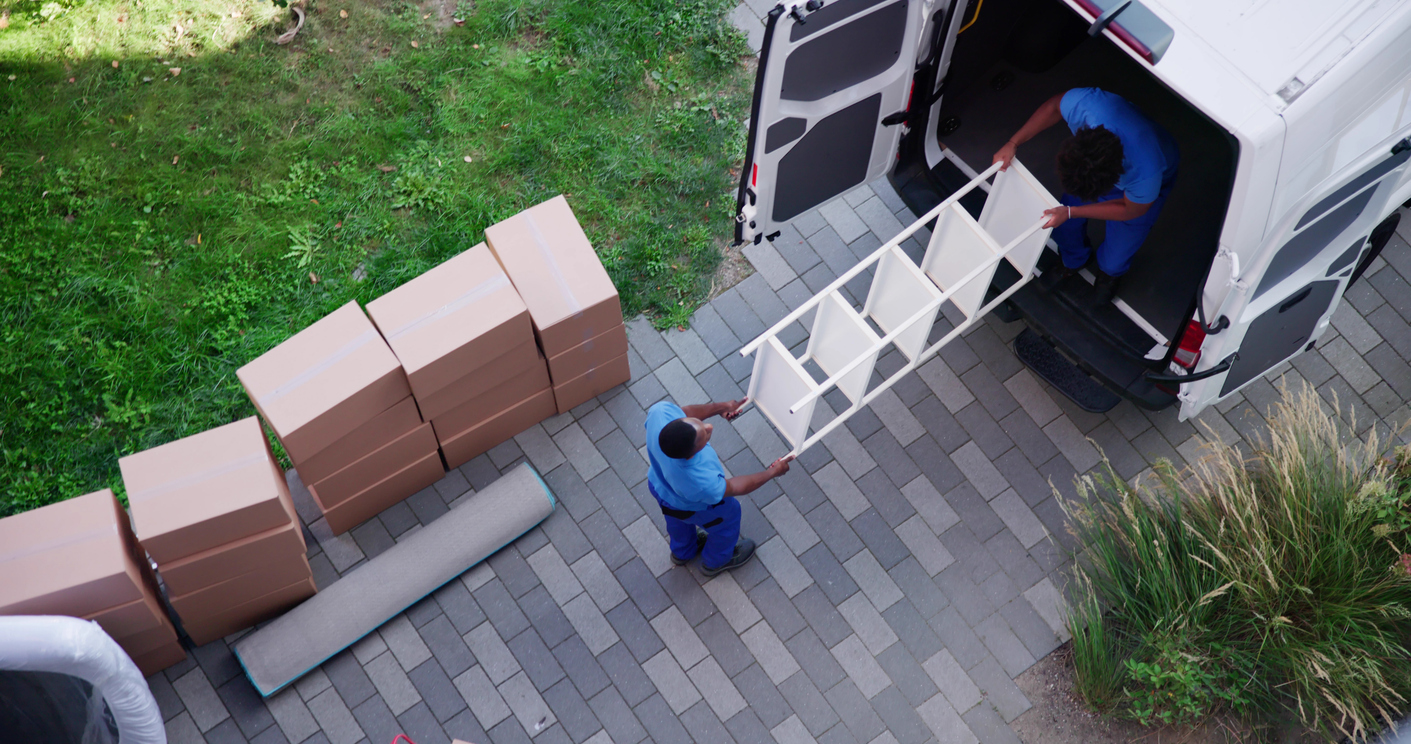Do you understand Improvements & Betterments (I&B) coverage? If the answer is no, don’t feel bad. Many insurance industry professionals don’t either! And certainly, many policyholders are totally in the dark on this hard-to-grasp area of insurance. Quite simply, I&B is one of the most difficult coverages to understand – for insurers, insureds, agents and adjusters. In fact, several of the different insurers we deal with each have a different interpretation of how the coverage applies.
Let’s look at a typical example: A business owner leases 4,000 square feet in a commercial building. The new tenant (the business owner) spends hundreds of thousands of dollars remodeling the space into a business that will profit both the landlord and the tenant. Then, unfortunately, a massive fire occurs and the building needs to be razed.
Who gets paid for the renovation work that the tenant just performed – the landlord or the tenant? The short answer is – it’s complicated. This is especially true when the claims process involves multiple insurance policies.
Let’s break this down and get some clarity on the concept in practical terms.
What are Improvements & Betterments?
By definition, “Improvements and Betterments” are changes/renovations undertaken by a tenant to make a structure more suitable for the tenant’s business or other purposes. These changes are made at the tenant’s expense, but the tenant cannot legally remove the improvements after installing them – even when a tenant may have made or paid for these improvements and betterments. Seemingly illogical, but true: the improvements & betterments paid for by the tenant ordinarily become the property of the landlord as soon as they are attached to the building. The tenant maintains a use interest in the I&B for the duration of his/her lease.
Where does the Improvements & Betterments clause appear in an insurance policy?
There two major policies that cover I&B – the Commercial Policy, CP 00 10 and the Business Owners Policy, BP 00 03. A quick review on these:
Commercial Policies
The I&B insuring agreement is found in the Building and Personal Property Coverage form, CP 00 10 for a Commercial Property policy. A limit of insurance must be included on your Declarations page for b. (Your Business Personal Property).
This coverage is defined in the policy as follows:
(6) Your use interest as tenant in improvements and betterments. Improvements and betterments are fixtures, alterations, installations or additions:
(a) Made a part of the building or structure you occupy but do not own; and
(b) You acquired or make at your expense but cannot legally remove;
Please note the wording in your policy which states that you cannot legally remove. The terms of the lease dictate whether you can legally remove an item that you paid to install. Some leases allow the tenant to remove fixtures, flooring, etc. at the termination of the lease. Therefore, you should always give your agent a copy of the lease so you can both be on the same page about the amount of I&B coverage you need.
An I&B claim requires you to show the insurer that you installed or purchased these items at your own expense. The insurer will usually require proof of the work such as invoices, cancelled checks and/or a purchase and sales agreement. Sometimes photographs are helpful as well if you performed the construction.
Value of the I&B
Under the Loss Conditions section in the policy for Tenants’ improvements and betterments the policy reads:
(a) Actual cash value of the lost or damaged property if you make repairs promptly.
(b) A proportion of your original cost if you do not make repairs promptly. We will determine the proportionate value as follows:
(i) Multiply the original cost by the number of days from the loss or damage to the expiration of the lease; and
(ii) Divide the amount determined in (i) above by the number of days from the installation of improvements to the expiration of the lease.
If your lease contains a renewal option, the expiration of the renewal option period will replace the expiration of the lease in this procedure.
(c) Nothing if others pay for repairs or replacement
After a major loss, such as a fire, we have witnessed several occasions where the landlord will cancel the lease, forcing the tenant to seek a new location to operate their business. If the tenant has just spent thousands of dollars remodeling the space to their specific needs, then the I&B coverage should come into play. The tenant can claim the loss of use of their build-out for the prorated amount of time of the lease versus their costs.
Suppose a tenant opens a restaurant in a building that they do not own, for example, and signs a ten-year lease. The tenant renovates the building, installing $200,000 worth of I&B to make the vacant space into a restaurant. One year after opening, the building sustains a massive fire and the building is razed. The tenant would be entitled to 90% of their $200,000 under their I&B coverage.
Business Owners Policies
If you are a tenant and have purchased a Business Owners Coverage Form, BP 00 03, you will have coverage for your improvements and betterments. The coverage language in this policy is as follows:
Business Personal Property located in or on the buildings at the described premises or in the open (or in a vehicle) within 100 feet of the described premises, including:
(3) Tenant’s improvements and betterments. Improvements and betterments are fixtures, alterations, installation or additions:
(a) Made a part of the building or structure you occupy but do not own; and
(b) You acquired or made at your expense but cannot legally remove;
This language is identical to the CP policies. However, the Loss Payment in the BP is different. The BP policy states, under the loss payment section of the policy:
(5) Tenant’s Improvements and Betterments at:
(a) Replacement cost if you make the repairs promptly.
(b) A proportion of your original cost if you do not make repairs promptly. We will determine the proportionate value as follows:
(i) Multiply the original cost by the number of days from the loss or damage to the expiration of the lease; and
(ii) Divide the amount determined in (i) above by the number of days from the installation of improvements to the expiration of the lease. If your lease contains a renewal option, the expiration of the renewal option period will replace the expiration of the lease in this procedure.
(c) Nothing if others pay for repairs or replacement.
The major difference between the two policies is that the BP policy will allow the insured to recover at full replacement cost – as opposed to actual cash value – if the repairs are completed promptly. ‘Promptly’ is not defined in the policy and could arguably allow for weeks or even months, depending on how long the claim takes to settle.
When deciding what type of coverage to purchase for your business, get a current copy of your lease and have your agent review it to provide you with the proper coverage. Once SMW gets involved in a loss, we can only work with the policy that is in place at the time the loss occurs.
This is another reason that business owners should use a qualified independent agent when deciding on which policies to purchase.




